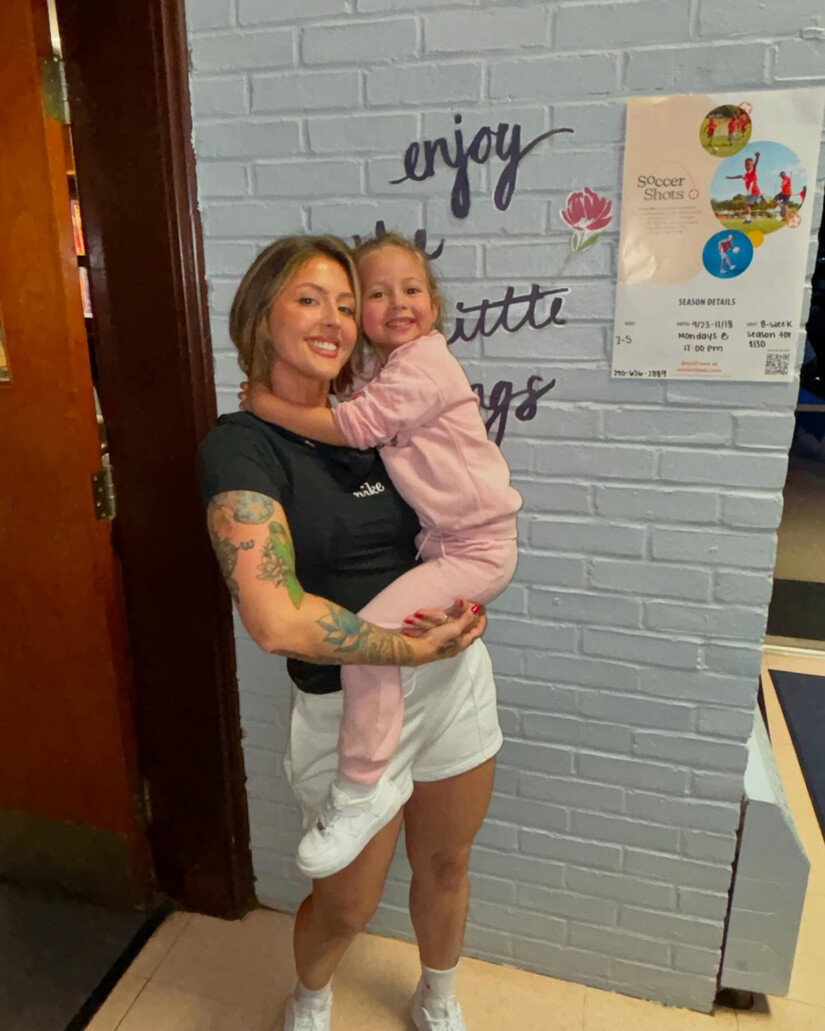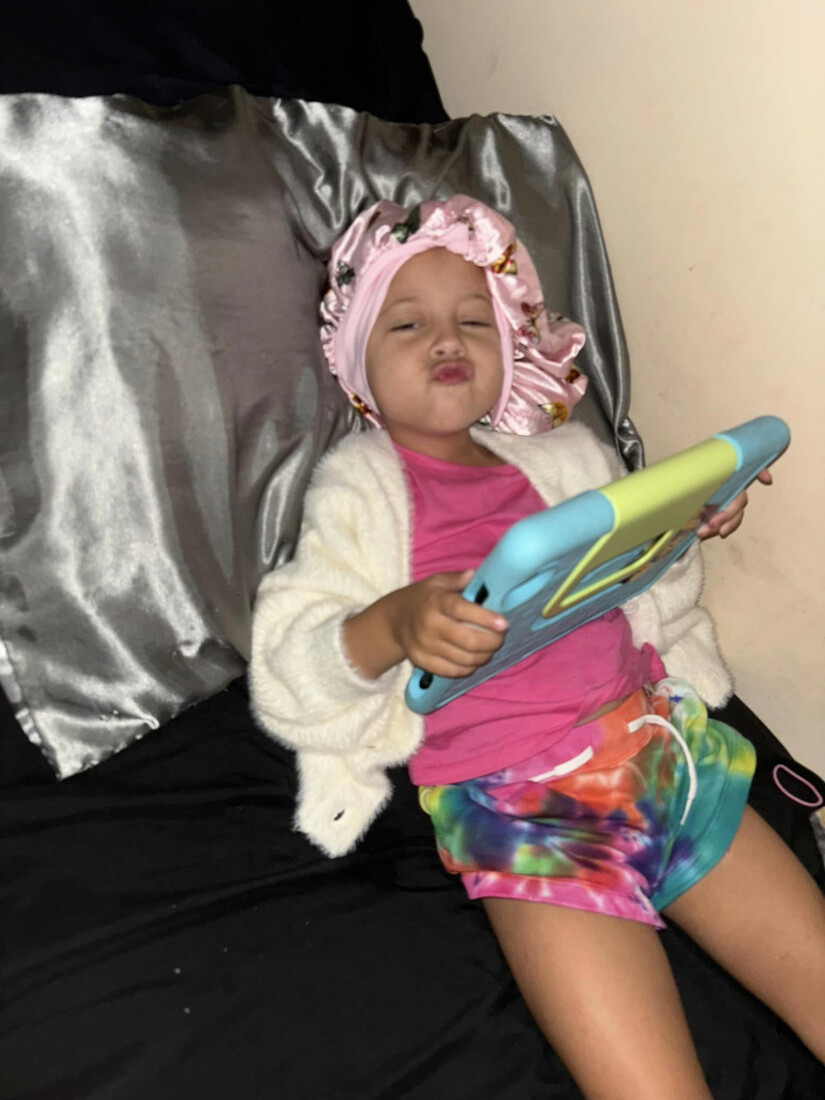Image

We hope you can help Lucy or others in need. Please investigate and consider being a donor or encouraging others. Here is Lucy's facebook page.

Being a living kidney donor is truly a gift of a lifetime, but many people don’t realize they can give this gift safely. Duke performs about 200 kidney transplants annually, with one third being from living donors. Gayle Vranic, MD, a kidney transplant specialist at Duke University Hospital, dispels five common misconceptions that potential kidney donors may have.
Fact: New anti-rejection medications make it possible to donate to distant relatives and even friends.
Duke’s transplant team takes prospective donors through a careful physical and psychological screening process -- much of which can be done remotely for donors who live far away -- to make sure the donor can undergo the surgery with no ill effects, physical or otherwise.
Fact: Today’s kidney donation surgery usually takes only a few hours and requires only a few small incisions. Most people -- 95% -- are discharged the next day.
“It usually takes two to three weeks to get back to almost all of your normal activities, including work, and about six to eight weeks to feel completely normal,” Dr. Vranic said.
All hospital expenses are paid for by the recipient’s medical coverage -- only costs of travel, time off work, and a few post-surgery medications aren’t covered. There are several organizations that may help cover those costs for donors who cannot.
Fact: Careful screening of donors means that only people who are in very good health will be selected -- and for those people, the risk of future complications is very low.
Women of childbearing age can still have healthy pregnancies after donating, and the risk for future kidney disease is not affected by the donation of a single kidney.
“Your health care needs after the surgery are essentially the same as before the surgery,” said Dr. Vranic.
Kidney donors will need regular blood and urine tests to monitor kidney function, and they need to watch their blood pressure and body weight, so they must visit their primary care doctor every year but, as Dr. Vranic pointed out, that’s something everyone should do anyway.
Fact: A variety of options makes it possible for you and your recipient to match or to find another compatible pair elsewhere.
One option is for the recipient and the donor to receive medical treatments before and after transplant that allow the recipient to receive a kidney from someone with a different blood type. Another option may be for you and your recipient to enter Duke’s paired exchange program.
Your recipient receives a kidney from someone else’s donor, and another recipient receives your kidney. Finally, if for some reason you and your donor cannot be a pair, we can help empower your donor to be an advocate and help you in your search for another living donor.
Fact: Medical institutions accept altruistic (non-directed) donors -- those who are willing to donate a kidney to a recipient in need, even if that person is a stranger.
More than 100,000 people in the United States are waiting for a kidney donation, according to government statistics. To learn more about organ donation, visit unos.org or the National Kidney Foundation. Or learn more about the process by filling out this questionnaire.
Learn More About Living Donor Kidney Transplant
 Check Out Lucy's Story Here
Check Out Lucy's Story HereBy Andrew Adeolu, Miana Massey, WJZ-TV
A 4-year-old from Baltimore is continuing her quest for a kidney after a match turned out to be a false alarm.
She was all set for a life-saving kidney transplant when at the last minute doctors informed her family that final testing had failed and it was no longer a match.
Lucy suffers from kidney disease and has spent the majority of her life in and out of hospitals.
In early October, she successfully found a donor after raising awareness via social media and the "Living Donor Project", a nonprofit that seeks FINISH READING HERE